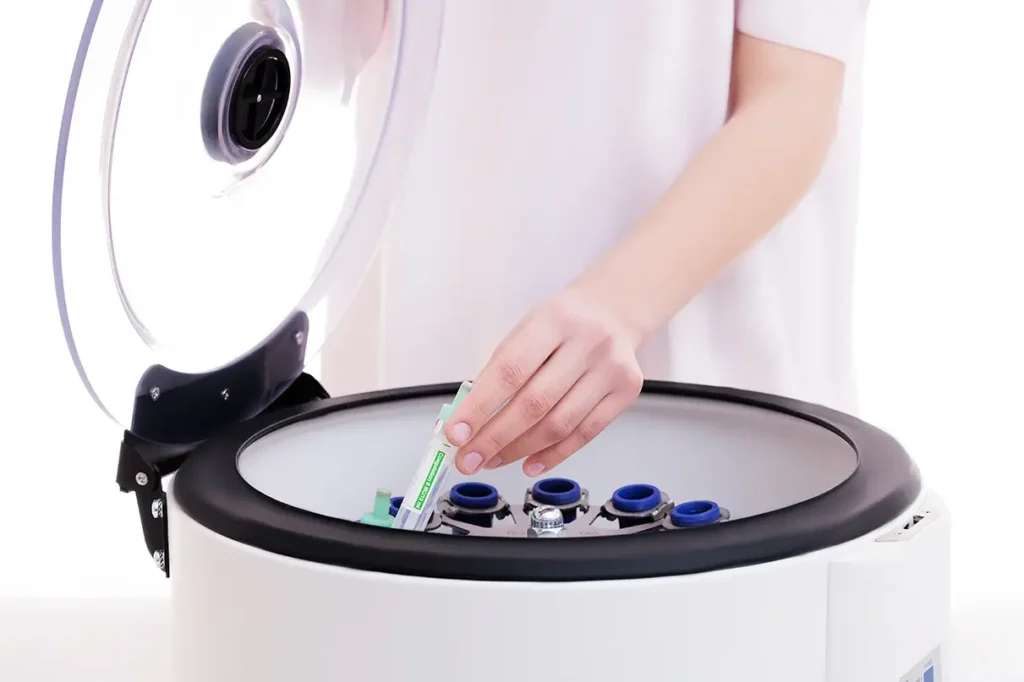The Promise of Clear Skin in a Capsule
Every few months, a new “skin-clearing” supplement starts trending online. From zinc tablets to probiotic blends and hormone-balancing powders, these products promise to fix acne from the inside out. But how much of that promise is real?
Supplements can help in certain cases, but only when they correct a proven deficiency or imbalance. For most people, results depend on individual biology, diet, hormones, and stress. What helps one person could cause real harm to another. No supplement should ever be taken without first consulting a doctor and checking your blood work.
What Happens Inside the Body When Acne Forms
Acne begins when excess sebum, dead skin cells, and bacteria accumulate in pores. Hormonal shifts, inflammation, diet, and gut health all play internal roles. That is why some people hope that treating acne “from within” can make a lasting difference.
Supplements target these internal factors by supporting immune function, hormone balance, and oil regulation. However, their effects are modest compared to prescription treatments or proven topical actives.
Common Acne Supplements and the Science Behind Them
Zinc
Zinc helps regulate oil production and reduce inflammation. Low zinc levels have been linked to more frequent breakouts. Studies show oral zinc may improve mild to moderate inflammatory acne, but high doses can cause nausea or copper deficiency.
Vitamin D
Deficiency in vitamin D is common, and low levels have been associated with increased acne severity. Supplementation can help only if your blood tests confirm a deficiency.
Omega-3 Fatty Acids
Found in fish oil or algae oil, omega-3s reduce inflammation and may calm redness in acne-prone skin.
Probiotics
The gut-skin axis theory suggests that an imbalanced microbiome can worsen inflammation. Certain probiotic strains have shown early promise in improving acne and reducing oiliness.
Niacinamide (Vitamin B3)
While best known topically, oral niacinamide may also support barrier health and reduce oil. Research is still limited.
DIM (Diindolylmethane)
A compound derived from cruciferous vegetables that may help balance estrogen metabolism in women with hormonal acne. It should only be taken under medical supervision.
Spearmint Extract or Tea
Some evidence suggests it may reduce androgen activity, which can lower hormonal breakouts, especially along the jawline.
Supplements That May Worsen Acne
Not all vitamins help skin. Some can do the opposite.
Biotin (Vitamin B7)
High doses can trigger breakouts by competing with vitamin B5 absorption, which affects oil regulation.
Iodine
Found in seaweed or multivitamins, iodine can irritate pores and cause small pustules in sensitive individuals.
Whey Protein
Linked to acne flare-ups in athletes and heavy gym users, possibly due to its influence on insulin and hormone pathways.
Are Acne Supplements Proven to Work
Clinical evidence for supplements is limited. Some ingredients like zinc, omega-3s, and vitamin D have supportive research, but results vary and effects are usually mild. Supplements do not replace topical or prescription treatments.
Many improvements people report may result from balanced diet changes or natural hormone shifts rather than the supplement itself.
When Supplements Can Actually Help
-
You have a confirmed deficiency (zinc, vitamin D, B12).
-
Your acne is related to hormonal imbalance and your doctor recommends DIM or spearmint.
-
You cannot tolerate topical treatments and need an internal anti-inflammatory boost.
Otherwise, supplements add little value and can cause unwanted effects when used blindly.
Important Safety Reminder
Never start supplements without medical evaluation. Always:
-
Do a blood test to check for deficiencies.
-
Discuss any supplement plan with your dermatologist or physician.
-
Avoid combining multiple “skin” formulas that overlap ingredients.
-
Watch for side effects such as nausea, mood changes, or irregular periods.
What helps one person’s acne can worsen yours. Personalized, monitored care is essential.
How to Use Supplements Safely
-
Take only the recommended dosage from a verified source.
-
Choose single-ingredient products when possible to avoid overlap.
-
Combine with a balanced diet rich in whole foods and healthy fats.
-
Track your skin’s response for at least 8–12 weeks before evaluating results.
FAQ About Supplements for Acne
Which supplements are proven to help acne?
Zinc, omega-3s, and vitamin D have the most consistent data. Their effect is moderate and works best for inflammatory acne.
Do probiotics really help clear skin?
Some strains may support gut balance and reduce inflammation, but results vary. Choose clinically studied strains like Lactobacillus rhamnosus or Bifidobacterium bifidum.
Can vitamins cause acne?
Yes. High doses of biotin, iodine, or vitamin B12 can trigger breakouts in some individuals.
How long before acne supplements work?
If they help, results usually appear after 8–12 weeks. Shorter use rarely shows visible change.
Are acne supplements safe with medication?
Most are safe in low doses, but interactions exist. Always check with your doctor before combining supplements with antibiotics, birth control, or isotretinoin.





